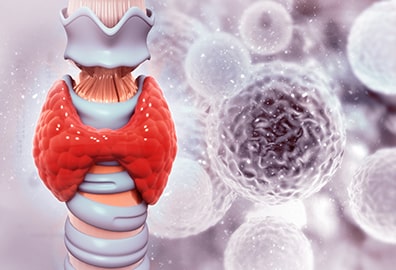By now, you probably know that inflammation is a bad thing for your health. It causes joint pain, weight gain, loss of energy and immune power, and cardiovascular disease. Inflammation also damages every organ in your body. That damage includes your brain.
Inflammation of brain tissue is now seen as a major source of depression and psychiatric disorders. The worst part about it is that inflammation’s effect on the brain can be silent and painless, with the damage showing up later in life as dementia and Alzheimer’s disease.
One of the problems is that we’re ingesting new chemicals never found in nature that are able to penetrate that barrier and irritate, inflame and damage our brain cells.
But the biggest cause of brain inflammation is our diet! Two foods that are the biggest culprits in brain inflammation are refined carbohydrates and refined vegetable oils. Carbs inflame our brain by spiking our blood sugar and increasing the number of free radicals in our blood. Vegetable oils have high levels of Omega-6 fats which are pro-inflammatory. We can tolerate and even require a small amount of Omega-6 in our diet, but too much can lead to problems in your entire system due to inflammation.
Another cause for brain inflammation comes from a place in your body that you might not think is connected – your gut. If you have a “leaky gut,” meaning your gut lining is damaged from not having enough good bacteria or eating the wrong foods, undigested food particles and proteins get into your bloodstream where they can trigger an autoimmune reaction. Your body starts to fight against these particles that it sees as invaders. The problem is that during the immune system’s fight, it can damage or inflame your own body tissue, or even get confused and start attacking your own cells, including your brain cells.
So if you want to start protecting your brain, you can take important steps by reducing the amount of toxins in your environment, reducing the amount of refined carbohydrates and vegetable oils in your diet, and strengthen your gut lining through identifying and eliminating food allergens and rebalancing your gut flora through dietary therapy and high quality probiotics.
If you suffer from depression, mood disorders, or worry about memory loss or your brain health due to a family pattern of dementia and Alzheimer’s, make an appointment today. We can talk about a program of protecting your brain against inflammation and other proactive steps to protect your brain health.
Superhuman Brain Masterclass
This Month's Vita-Mini: Vitamin P
Vitamin P refers to a class of compounds in food called “flavonoids.” Flavonoids are by-products of plant and fungus metabolism, so they are only found in plant-based foods, and you can find them in all fruits and vegetables. They are the largest group of phytonutrients, and we may have just scratched the surface of everything they do in our bodies. They may be the reason why those who eat more fruits and vegetables enjoy better health than those who don’t.
There are several significant groups of flavonoids, including flavonols, flavanols, anthocyanidins, flavones, flavonones and isoflavones. Some of the foods rich in flavonoids include onions, peppers, citrus fruit, berries, parsley and kale.
Flavonoids have been shown to reduce blood sugar, fight insulin resistance, help reduce lipids and inflammation, prevent cancer and cardiovascular disease. Some are starting to be isolated into supplements, but again, there are so many potential flavonoids out there, that nothing can substitute for a diet rich in fresh vegetables and fruit.

Test what you know about HASHIMOTO’S THYROIDITIS in this a new QUIZ from Dr. Ray




